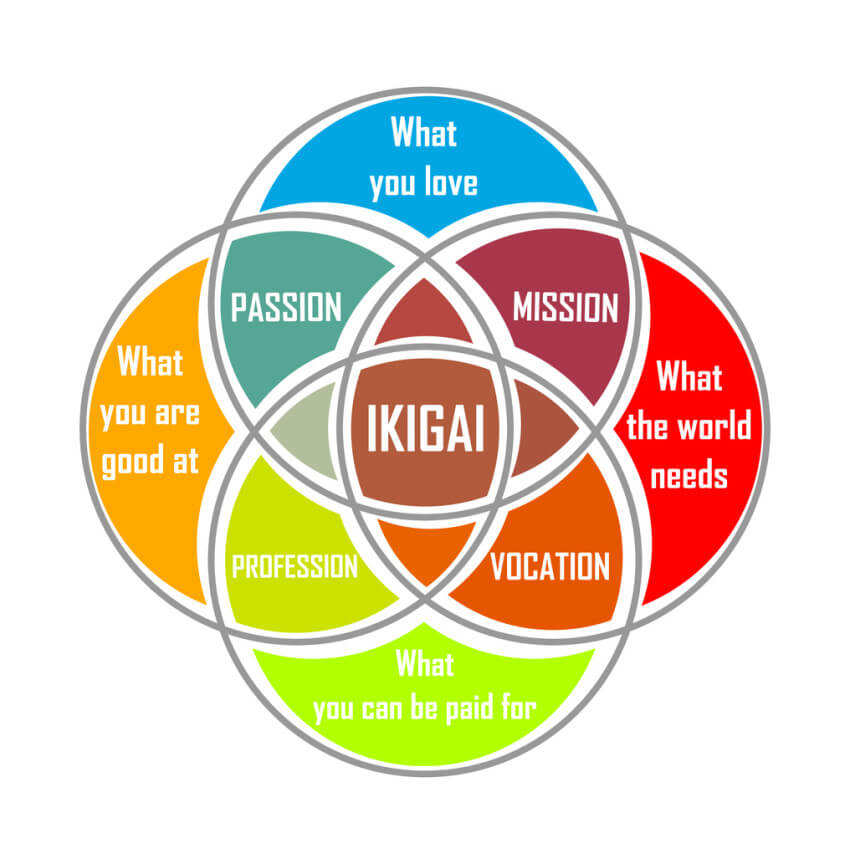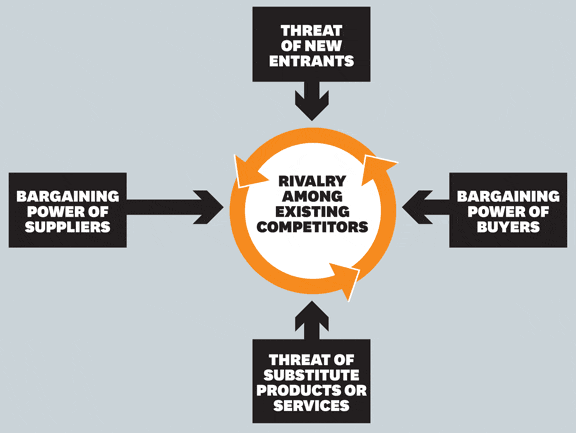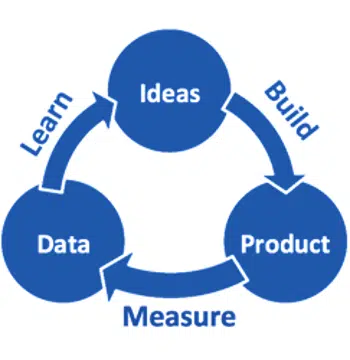In today’s dynamic business landscape, embarking on an entrepreneurial journey can seem daunting. Finding the perfect business idea becomes the first hurdle for aspiring entrepreneurs. This guide combines insights from academia, business consultants, and successful business people to provide a comprehensive approach to discovering your ideal business venture.
Why We Combine Academic, Consultant, and Entrepreneurial Perspectives
Integrating these three distinct viewpoints offers a uniquely comprehensive approach to generate a perfect business idea.

- Academic research provides theoretical frameworks and evidence-based insights, ensuring a solid foundation for decision-making.
- Business consultants contribute practical strategies and industry-specific knowledge, bridging the gap between theory and application.
- Successful business people offer invaluable real-life experiences, highlighting the challenges and opportunities that academia often miss.
By synthesising these perspectives, we create a more robust, well-rounded guide that addresses the complexities of modern entrepreneurship.
The Importance of Choosing the Perfect Business Idea
Before delving into the process, it’s crucial to understand why finding the perfect business idea matters. According to a study by CB Insights, 42% of startups fail due to a lack of market need for their products or services. This statistic underscores the importance of aligning your business idea with market demands.
Dr Amy Kristof-Brown, an organizational behaviour expert, emphasises the significance of the Person-Environment Fit Theory in entrepreneurship. This theory suggests that when individuals’ characteristics align with their work environment, it increases satisfaction, performance, and longevity in their chosen field.
“Finding the perfect business idea is about creating harmony between your passions, skills, and market needs. This alignment often leads to sustainable success.” – Spanx’s founder, Sara Blakely.
Step 1: Identify Your Passions and Interests
Academic Perspective: The Ikigai Concept
The Japanese concept of Ikigai provides a comprehensive framework for identifying your ideal business idea. It suggests finding the intersection of:

- What you love
- What you’re good at
- What the world needs
- What you can be paid for
Business Consultant Insight: Passion Mapping
Create a visual representation of your interests, skills, and potential market opportunities. This exercise helps identify overlaps that could lead to viable business ideas.
Entrepreneur’s Take:
Richard Branson, founder of Virgin Group, advises: “Create something that stands out and something you believe in. Your business personality has to shine through.”
Step 2: Analyze Market Needs and Trends
Academic Perspective: Porter’s Five Forces
Utilise Michael Porter’s Five Forces model to analyse industry attractiveness:

- Threat of new entrants
- Bargaining power of suppliers
- Bargaining power of buyers
- Threat of substitute products or services
- Rivalry among existing competitors
Business Consultant Insight: PESTEL Analysis
Conduct a PESTEL (Political, Economic, Social, Technological, Environmental, Legal) analysis to understand macro-environmental factors affecting your potential business.
Entrepreneur’s Take:
Brian Chesky, co-founder of Airbnb, shares: “Build something 100 people love, not something 1 million people kind of like.”
Step 3: Evaluate Your Skills and Resources
Academic Perspective: Resource-Based View (RBV)
The RBV theory, developed by Birger Wernerfelt and Jay Barney, suggests that a firm’s unique resources and capabilities are crucial for achieving competitive advantage.
Business Consultant Insight: SWOT Analysis
Conduct a SWOT (Strengths, Weaknesses, Opportunities, Threats) analysis to assess your personal and potential business position.
Entrepreneur’s Take:
Elon Musk emphasizes the importance of continual learning: “I think it’s very important to have a feedback loop, where you’re constantly thinking about what you’ve done and how you could be doing it better.”
Step 4: Brainstorm Business Ideas
Academic Perspective: Design Thinking
Employ the Design Thinking process popularized by Stanford’s d.school:
- Empathize
- Define
- Ideate
- Prototype
- Test
Business Consultant Insight: Blue Ocean Strategy
According to Kim & Mauborgne, business considers creating uncontested market space (Blue Ocean) rather than competing in existing markets (Red Ocean).
Entrepreneur’s Take:
Jeff Bezos of Amazon advocates for customer-centric innovation: “The most important single thing is to focus obsessively on the customer.”
Step 5: Validate Your Business Idea
Academic Perspective: Lean Startup Methodology
Apply Eric Ries’ Lean Startup approach:

- Build (Minimum Viable Product)
- Measure (Gather data)
- Learn (Iterate based on feedback)
Business Consultant Insight: Market Research
Conduct thorough market research using primary (surveys, interviews) and secondary (industry reports, government data) sources.
To effectively reach your target market and understand their needs, thorough market research is essential. Check out our comprehensive guide: The Importance of Digital Marketing for Small Businesses in 2025
Entrepreneur’s Take:
Drew Houston, co-founder of Dropbox, shares: “Don’t worry about failure; you only have to be right once.”
Step 6: Seek Mentorship and Guidance
Academic Perspective: Social Capital Theory
In his work, Putnam said Leverage your social capital – the networks of relationships among people who live and work in a particular society, enabling that society to function effectively.
Business Consultant Insight: Mentorship Programs
Engage in structured mentorship programs or seek advisory boards for guidance and support.
Entrepreneur’s Take:
Mark Zuckerberg emphasizes learning from others: “The biggest risk is not taking any risk. In a world that’s changing really quickly, the only strategy that is guaranteed to fail is not taking risks.”
Conclusion
Finding the perfect business idea is a multifaceted process that benefits from diverse perspectives. You can approach idea generation with a well-rounded mindset by combining academic theories, practical business strategies, and real-world entrepreneurial experiences. Remember, the key is to align your passions and skills with market needs while remaining adaptable to change.
As you embark on your entrepreneurial journey, remember that idea generation is just the beginning. Successful execution, continuous learning, and perseverance are crucial to a thriving business.
You can use ChatGPT to help you brainstorm ideas, draft your business plan and so on! You need some ideas to inspire you, check this comprehensive business ideas in 2025. If you are an immigrant in New Zealand, read the top 9 business ideas
FAQ
Why is it important to combine academic, consultant, and entrepreneurial perspectives when searching for a business idea?
This multi-perspective approach provides a comprehensive view of the process. Academic insights offer theoretical frameworks, consultants provide practical strategies, and entrepreneurs share real-world experiences. Together, they create a well-rounded guide that addresses various aspects of idea generation and validation.
What is the Ikigai concept and how does it relate to finding a business idea?
Ikigai is a Japanese concept that suggests finding the intersection of what you love, what you’re good at, what the world needs, and what you can be paid for. It’s a helpful framework for identifying a business idea that aligns with your passions, skills, and market demands.
How can Porter’s Five Forces help in analysing market needs and trends?
Porter’s Five Forces is a model that helps analyze industry attractiveness by examining five key factors: threat of new entrants, bargaining power of suppliers, bargaining power of buyers, threat of substitute products or services, and rivalry among existing competitors. This analysis can help you understand the potential challenges and opportunities in your chosen market.
What is the Lean Startup Methodology and how can it help validate a business idea?
The Lean Startup Methodology, developed by Eric Ries, involves a cycle of building a Minimum Viable Product (MVP), measuring its performance through data collection, and learning from the feedback to iterate and improve. This approach allows you to test and validate your business idea with minimal resources before fully committing to it
Why is seeking mentorship important in the process of finding and developing a business idea?
Mentorship provides valuable guidance, support, and industry insights that can help refine your business idea and avoid common pitfalls. Mentors can offer perspective based on their experiences, help expand your network, and provide constructive feedback on your ideas and plans.
How can the Blue Ocean Strategy be applied to brainstorming business ideas?
The Blue Ocean Strategy encourages creating uncontested market space (Blue Ocean) rather than competing in existing markets (Red Ocean). When brainstorming, this approach pushes you to think beyond existing industry boundaries and consider innovative ways to create new demand or solve problems differently.
What role does the Resource-Based View (RBV) play in evaluating skills and resources for a business idea?
The RBV theory emphasizes that a firm’s unique resources and capabilities are crucial for achieving competitive advantage. When evaluating your skills and resources, this perspective helps you identify your unique strengths that could form the basis of a successful business idea.



Pingback: Small Business NZ Style: Defining Success in New Zealand
Pingback: A Comprehensive Guide to Business Plan for Small Businesses - Digital Marketing Blog for Small Businesses
Pingback: Small Business Ideas 2025: New Era, New Way